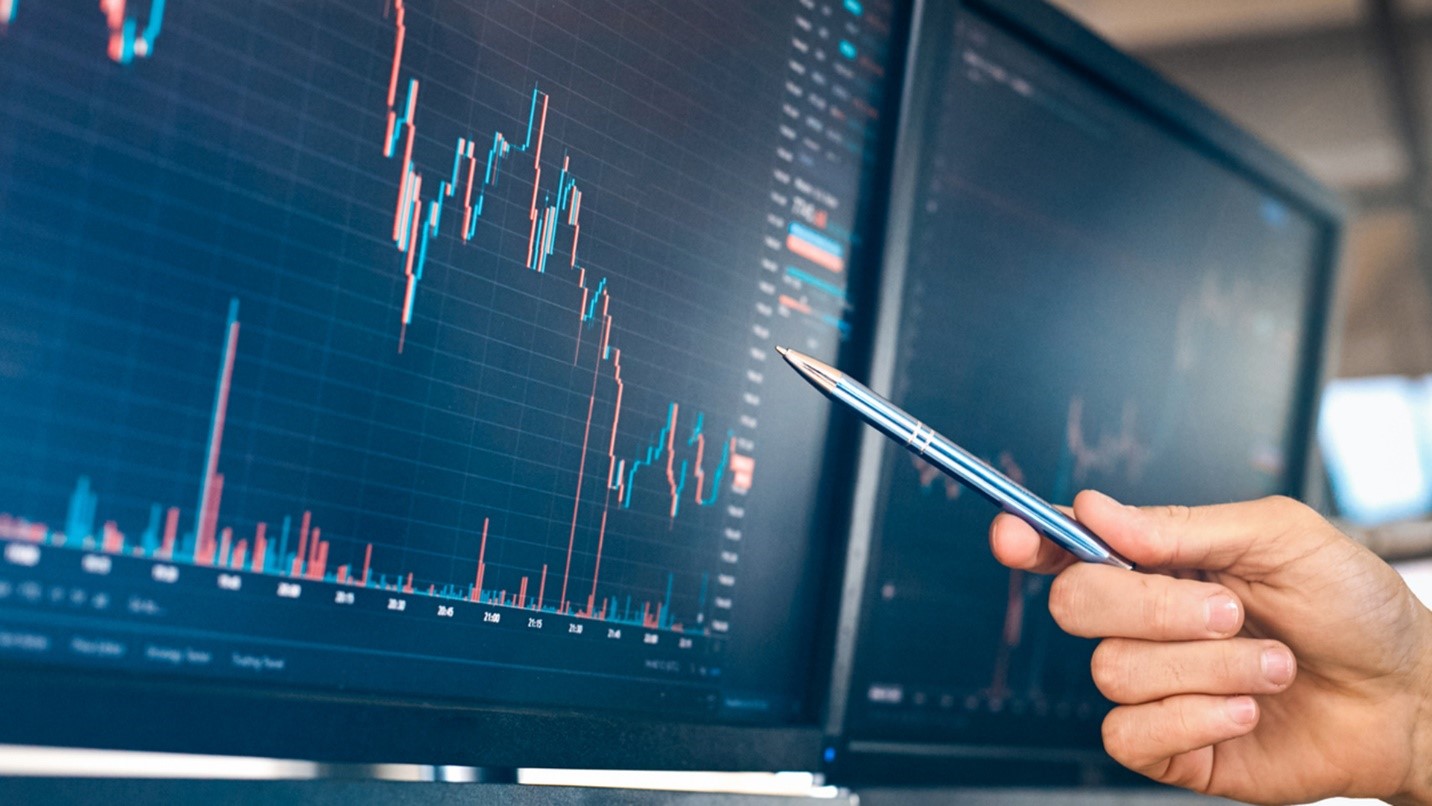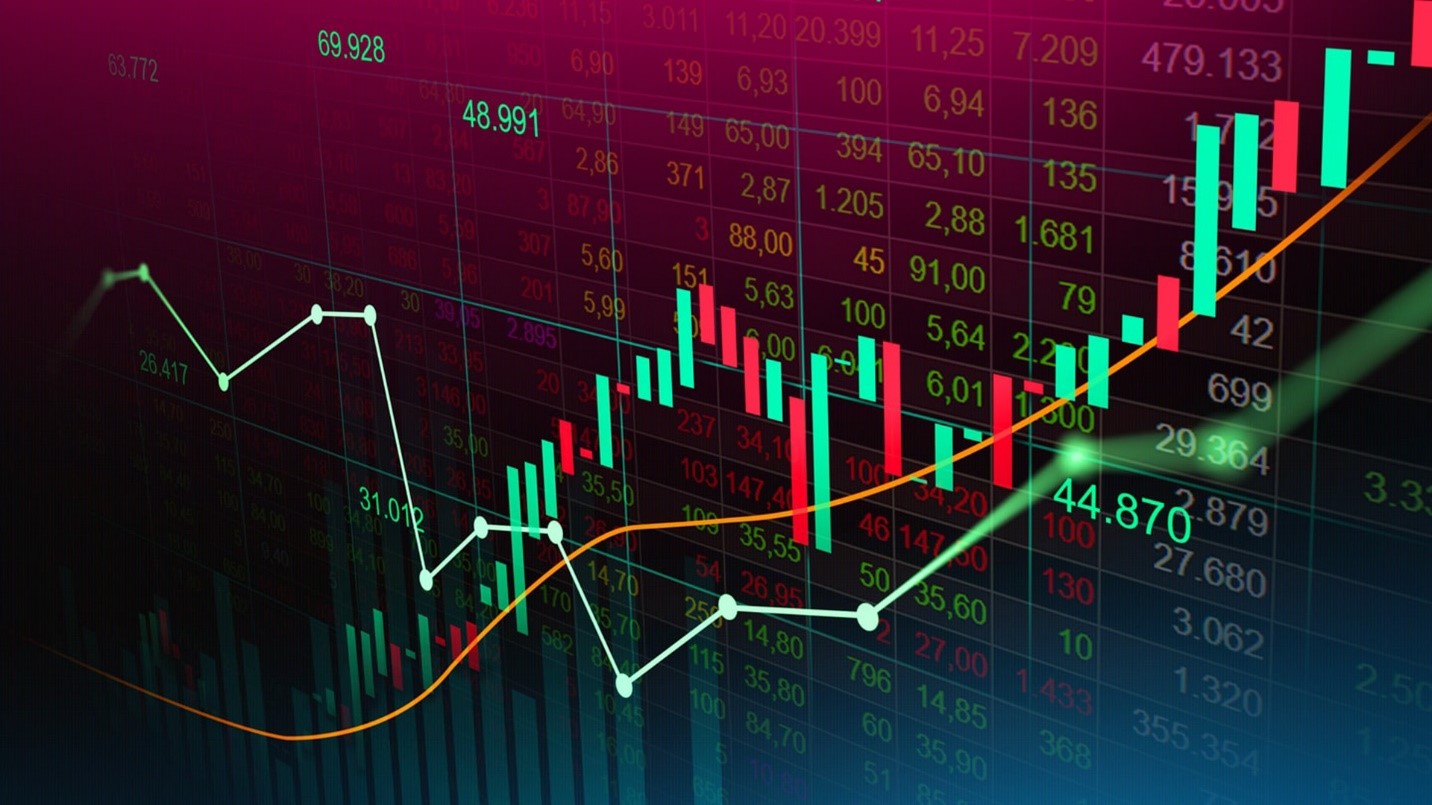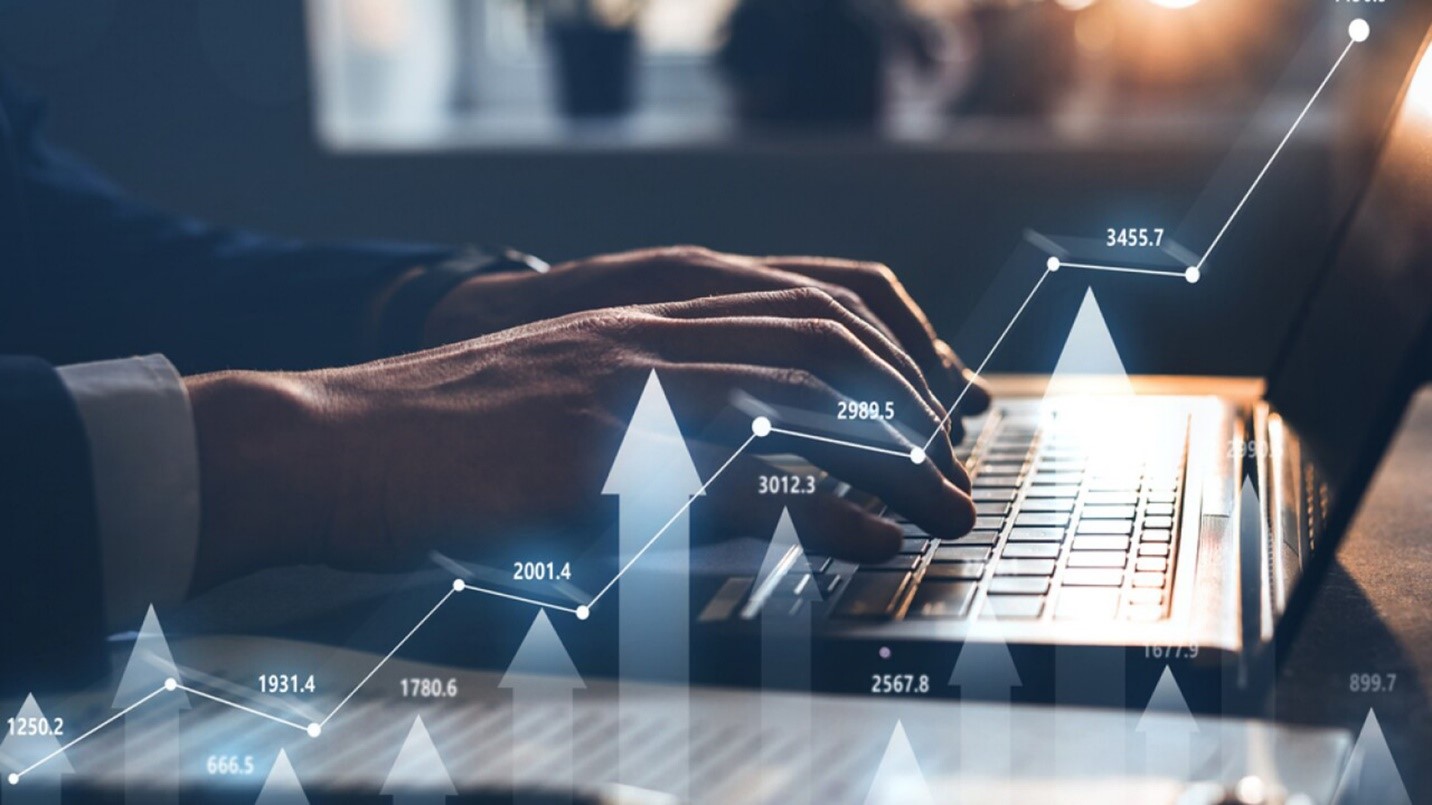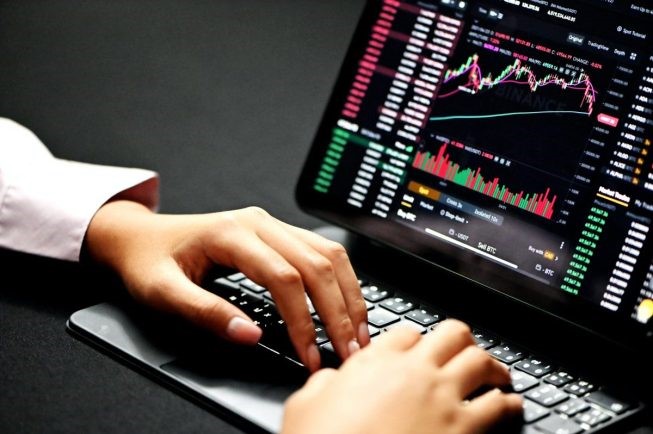The Forex market is one of the biggest financial markets in the world, and billions of dollars are traded by retailers in this market daily. Every market, regardless of its nature, needs a platform to conduct its transactions. Brokerages or Forex brokers are the platforms for these transactions, and basically, they are considered financial companies for any kind of transaction related to currencies.
Therefore, you can say that a Forex broker is simply an intermediary between the buyer and the seller. If you are interested in investing in the Forex market, you need to use one of the Forex platforms. Such platforms are like a bridge that connects you and the seller to transfer your money into the market.
Introducing Different Types of Forex Brokers
To succeed in the Forex market, you need to recognize suitable brokers and choose the best brokerages. Before choosing a brokerage, you should know about different types of brokers and their differences. Choosing the right broker is significantly important because it has a direct effect on your profits and losses. Also, it can affect your trading style. Generally, there are two types of brokers: Dealing Desk (DD) and Non-Dealing Desk (NDD).
Dealing Desk Brokers
The Dealing Desk is where market makers trade financial tools such as stocks, Forex, bonds and stocks, commodities, and other financial assets.
In Foreign exchange markets, the Dealing Desk is where Forex traders use a bank or financial institution. Based on the fact that the Forex market is open 24 hours a day, most institutions all around the world have a Dealing Desk. You can even find Dealing Desks outside of the Forex market in banks or financial institutions. They use them for trading securities and other financial products. The Dealing Desk is not limited to the Forex market. They operate regarding many financial assets, such as stocks, ETFs, and commodities.
Big financial institutions usually have trading facilities, and they are being used by Many sellers and market makers. In a big institution, major currencies, such as the Euro and Yen, may have several Dealing Desks. Only a handful of expert traders have these currencies.
How Does a Dealing Desk Broker Work?
DD brokers are on the other side of the trade and have the duty of facilitating the trades. For instance, if you want to buy a currency with 200,000 units, the broker must find your counter party, and by doing that, it lowers the risk of its work. The reason is that they won’t be your counter party themselves. Therefore, they gain trading profit through the spread. But if there is no identical trade compared to yours, the DD broker must be your counter party and take responsibility. In this case, if you have a profit, the broker loses money because it must pay you itself.
Therefore, you summarize DD brokers like this:
- The Dealing Desk is where market makers trade and operate financial tools such as Forex, stocks, commodities, and other financial assets.
- The sellers are there to facilitate their customers’ trades, and they may be the main part of the trade or representative of the action.
- When the seller performs as the main part of the trade, it becomes the counter party of the customer.
- When the trader becomes representative, it fulfills the customer’s order by finding liquidity in the secondary market, and the customer receives the same prices charged by the seller.
Non-Dealing Desk Brokers
Non-Dealing Desk brokers, unlike Dealing Desk brokers, won’t send their customers’ orders by Dealing Desk. Instead, Forex brokers of NDD send selling and buying orders directly to the Forex market by liquidity providers, banks, other brokers, etc. Therefore, they won’t be your counter party in the trade. To gain profit, these brokers may add to the amount of spread or take a specific amount of commission from each trade.
There are three types of NDD brokers: STP+ECN, ECN, and STP.
STP Brokers
In brokers that have an STP system (or Straight Through Processing), customers’ orders are connected directly to liquidity providers, and these providers have access to the interbank market.
ECN Brokers
There are many similarities between STP and ECN brokers of Forex, but their main difference is transaction routing. STP brokers can trade with different liquidity providers outside of their liquidity ground, while ECN works as some sort of gate. The gate works effectively as the main source of liquidity because it is provided by banks, hedge funds, and all major market players.
STP+ECN Brokers
The Hybrid model is the combination of both STP and ECN. Usually, combined services enable brokers to focus on excellent customer service, training, and various market analyses. Combining STP and ECN models provides a fully electronic trading service in the Forex market. This popular combination enables a Forex broker to have a fully automatic order entry and focus on spread pricing and the counter party of their trades.
What Is the Difference Between the Bid Price and the Ask Price?
A bid price is a potential or negotiated price on which both sides of the trade agreed. The bid price is the maximum price by the buyer for a portion. On the other hand, the asking price is the minimum price the seller demands to receive for the same portion. A trade or an exchange happens when a buyer is willing to pay the best available offer or to sell to the highest offer. Spread, or the difference between the asking price and the bid price is considered the key indicator for asset liquidity. Overall, when the spread is lower, liquidity is better.
Understanding the difference between the bid price and the asking price is easier with an example.
Imagine your Z share price has the price range of $10.50/$10.55. The X investor wants to buy A with the current market price and pays $10.55, while the Y investor wants to sell Z with the current market price and receives $10.50.
How Do Brokers Make Money?
In the currency market, traders and brokers buy and sell when a currency loses or adds to its value. The foreign Forex market (or just the Forex market) is a high-risk market, and more than 5 billion dollars are traded daily in such a market. Any trader needs an intermediary for buying, selling, and trading. That is why they use Forex brokers. Regardless of the profits and losses of traders, brokers will take their commissions and fees.
Therefore, brokers receive a commission which is known as “Spread” Spread is the price difference between the bid price and the asking price.
How Many Income Models Do Forex Brokers Have?
Brokers receive their fees from transactions that happen between buyers and sellers with three methods commission, spread, and swap.
Spread
As we mentioned above, the spread is the price difference between trades, and this difference belongs to the broker.
Commission
In some orders, the amount of spread decreases, and sometimes it goes to zero. That is why the broker receives a specific and fixed amount as a commission.
Swap
The broker receives the overnight interest or swaps when your deal stays open for more than a trading day, and the broker receives the overnight interest in return.
Which One Is the Best Forex Broker?
To invest in this volatile and risky market, you need to know the most prominent and well-known Forex brokers. Every year, a list of the best Forex brokers is introduced, and we will mention some of the best ones in 2022 in the following:
Fortuna Markets:
Fortuna Markets, as a popular and professional Forex broker, enables traders to start trading and develop further skills in this area by opening demo and real Forex account. Low commission and spread, access to professional tools and services, extensive Forex trading features, etc. are among the main reasons why you should start trading on Fortuna Markets Forex broker right now!
IG:
IG Forex broker is one of the most trust able financial companies for investing in the financial markets. They fully supervise the trades and use advanced financial tools, competitive pricing, and a wide variety of products that can be bought and sold. That is why this broker is the first one in the ranking.
Saxo Bank:
Saxo Bank is a Dutch bank and a powerful platform for investing in financial markets all around the world. Now, there are more than 40 thousand marketable products in this brokerage, and it provides the best services to its customers.
Interactive Brokers:
This is suitable for brokerage professionals and includes a wide range of global markets.
What Are the Risk Management Methods of Forex Brokers?
Brokers can manage risks with three methods:
- Brokers can lower the possibility of risk and compensate for the risk by doing opposite trades.
- Brokers can use outsourcing to transfer the risk to another company.
- Brokers can accept and store the risk.
Can we operate in the Forex market without a broker?
Whether you want to invest in the stock market or the digital currency market, you need an intermediary and a broker. The broker is like your business partner, and you can enter the Forex market with its help. The Forex market is vast, and without the proper tools, you can’t enter this market. Your key to entering this market is brokers. They open different trading doors in the market for you.
What Are the Advantages of the Variety of Trading Accounts in Brokers?
One of the good features of some Forex brokers is having various trading accounts because it lets users, with their specific trading methods and any amount of capital, use one of these accounts. In the following, we discuss trading accounts in brokers.
Leverage and Margin
When you create a checking account and deposit the first capital, it is called the available margin. This margin can be used similarly to a down payment on a mortgage. It gives you access to more amounts compared to the initial payment.
Fee
The fee is the commission that a broker receives for simplifying the transaction process. Brokers receive their fees in spreads, commissions, and swaps from users.
Minimum Initial Deposit
If you want to invest with a small amount of capital and low risk, I suggest you use a Nano or Cent account because the initial amount you can deposit is only one dollar. Therefore, it lets you start with small capital and low risk.
Deposit and Withdraw Methods
There are several methods for depositing and withdrawing money. All brokers must have different deposit and withdrawal methods. This way, the users can choose one that is suitable for them. The common deposit methods are transferring money from a bank, credit cards, digital currencies, and electronic wallets.
Final Word
In this article, we offered a complete explanation of a Forex broker. We talked about different types of brokers and their earning methods and indicators for identifying a good broker. It is worth mentioning that when you want to choose the right broker, you should know all about the regulations and consider every factor that we have mentioned in this article.







